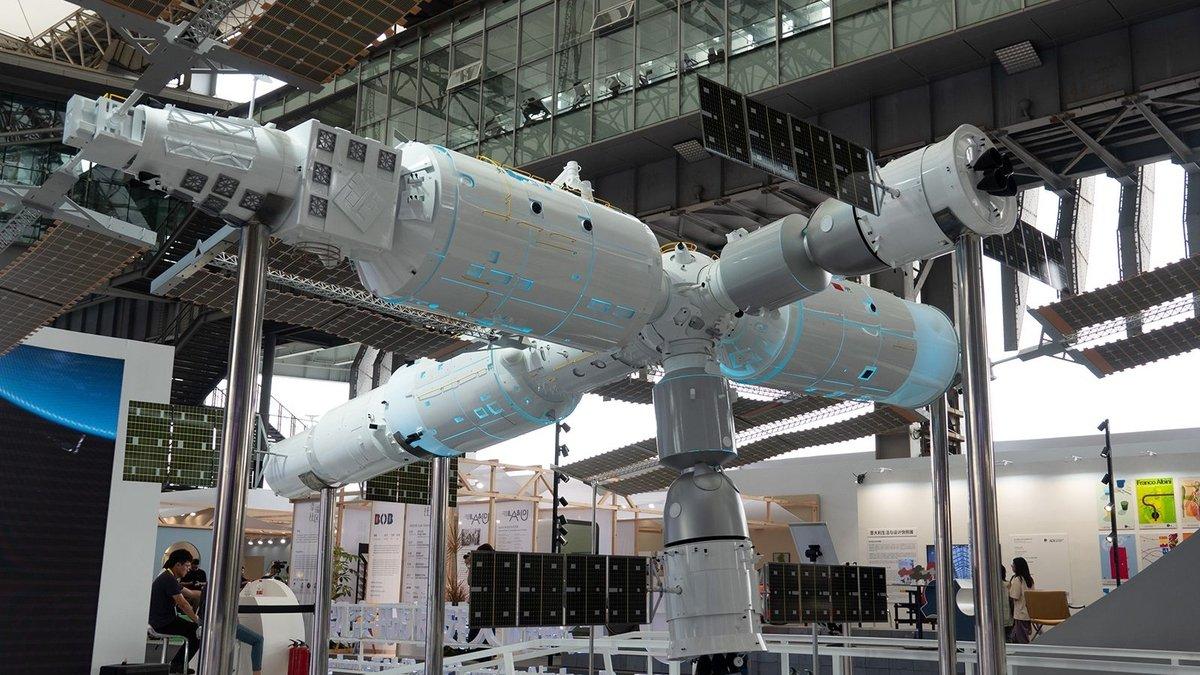China is really upping its game in space exploration. They’ve got some big plans for their space station called Tiangong. Right now, it has three parts, but they want to expand it to have six parts in the near future. This expansion is a big deal because it opens up exciting opportunities for international collaboration and scientific research in space.
China’s journey into space station building began back in 2011 with Tiangong-1. It was their first attempt and it did some cool stuff, like hosting missions with astronauts and testing out how to dock spacecraft in space. But, in 2016, they lost control of it, and it ended up burning up when it re-entered Earth’s atmosphere in 2018.

China wasn’t discouraged, though. They launched Tiangong-2 in 2016, and it did a bunch of experiments and even sent cargo and astronauts into space. In 2019, they safely brought it back to Earth.
Their latest addition, Tiangong-3, was sent into orbit in 2022. It’s expected to be even more advanced and is a crucial part of building the Chinese Space Station (CSS).
Right now, the CSS can only hold three astronauts, and it orbits about 280 miles above Earth’s surface. But China’s got big dreams to make it much bigger, weighing a whopping 180 metric tons. That’s still smaller than the International Space Station (ISS), but it’s a step in the right direction.
The ISS, which involves several countries, might retire by 2030, and that’s where China sees a golden opportunity. If the ISS goes, the CSS could become a major hub for international space research.
China is eager to work with other countries and groups on scientific projects aboard the CSS. They’ve already made some agreements, and more are expected as the ISS gets closer to retirement.

China’s Tiangong program shows they’re serious about space exploration. They’ve made some impressive advances in space tech, like sending astronauts and perfecting docking in space. Chinese astronauts, known as taikonauts, are gearing up to spend lots of time on the CSS, conducting cutting-edge research in various scientific fields.
In a nutshell, China’s plans to expand Tiangong and their commitment to space research put them in the spotlight as a key player in space exploration. With international teamwork on the horizon and the possibility of the ISS stepping down, the CSS could become a vital place for exciting discoveries and global cooperation in the great beyond.


